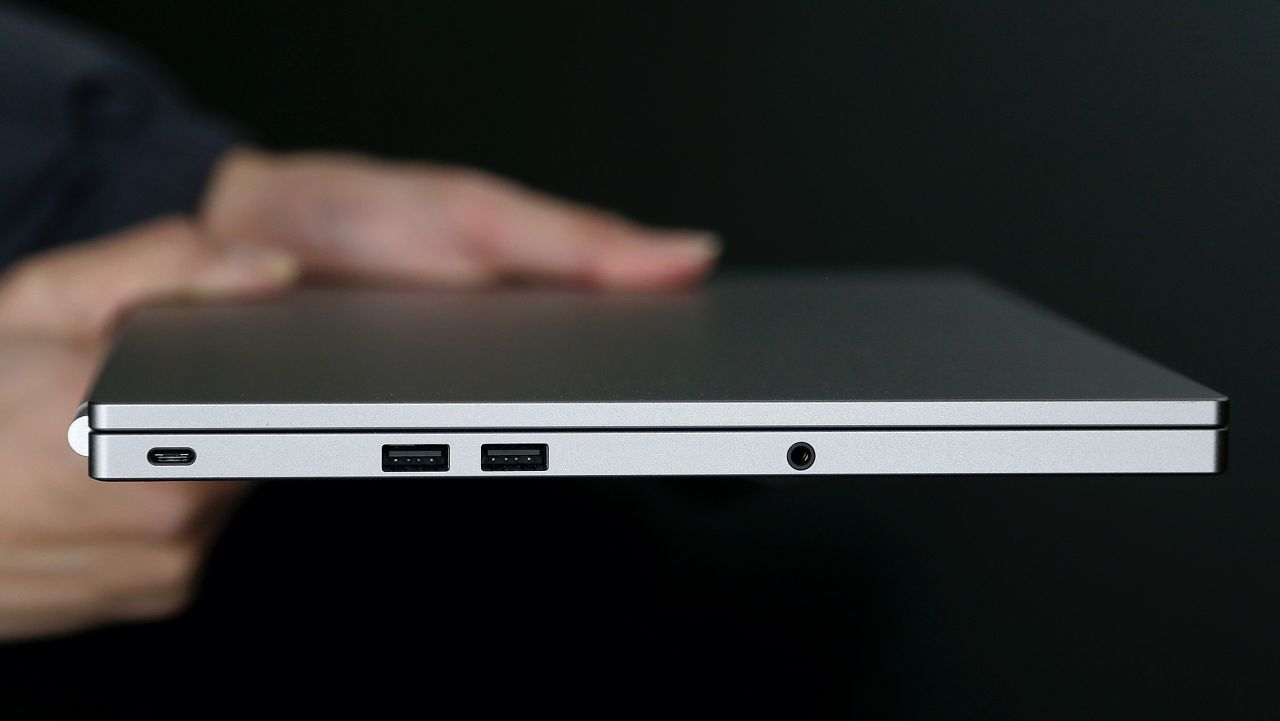The various and sundry cables and chargers that you’ve been keeping in a knotted bundle on your desk may soon be confined to your favorite junk drawer, thanks to the European Parliament.
The European Union’s legislative body has voted to establish a new common standard for phone chargers, naming USB-C cables as the connection of choice for the political bloc by the end of 2024. The vote could nudge device manufacturers across the world to adopt similar standards for all markets.
“The common charger will finally become a reality in Europe. We have waited more than ten years for these rules, but we can finally leave the current plethora of chargers in the past,” said European Parliament rapporteur Alex Agius Saliba. “This future-proof law allows for the development of innovative charging solutions in the future, and it will benefit everyone, from frustrated consumers to our vulnerable environment.”
The common charger legislation has been cooking in the EU since 2014 and took on greater urgency in recent years. The new law will require all mobile phones, tablets and cameras sold in the EU to be designed with USB Type-C charging ports by the end of 2024, and will include laptops by Spring 2026. The legislation will also standardized power delivery, ending proprietary charging solutions in devices sold in the EU.
The goal of the new legislation is to reduce electronic waste, prevent against consumers feeling the need to buy a new charger with every device and to standardize power delivery among devices.
According to Saliba, the decision will result in 11,000 fewer tons of e-waste each year, and save EU consumers an estimated €250 million (roughly $249.6 million). It also ends a so-called technological “lock-in” effect, ending consumer dependency on one manufacturer, according to an EU fact sheet.
Tech giant Apple could be most impacted by the decision. While other device brands, like Samsung, Motorola and Google, have largely moved to USB-C ports and cables, Apple has stayed true to its proprietary Lightning connection protocol for its iPhones, while utilizing USB-C for its MacBook lines.
It’s unclear if the law would nudge Apple toward shifting to USB-C uniformity for all regions and markets. Apple has not yet responded to a request for comment.
But the EU expects that the vote will have a ripple effect in other regions across the world.
“Within a number of discussions that we had with a number of producers during these past two years, a number of companies made it clear that, if they are going to change the charging characteristics of their products, they won’t differentiate between the EU and other continents,” Saliba told reporters on Tuesday. “Hopefully not only EU consumers will benefit from the common charger, but also consumers coming from other continents will be able also to benefit from the common charger.”





